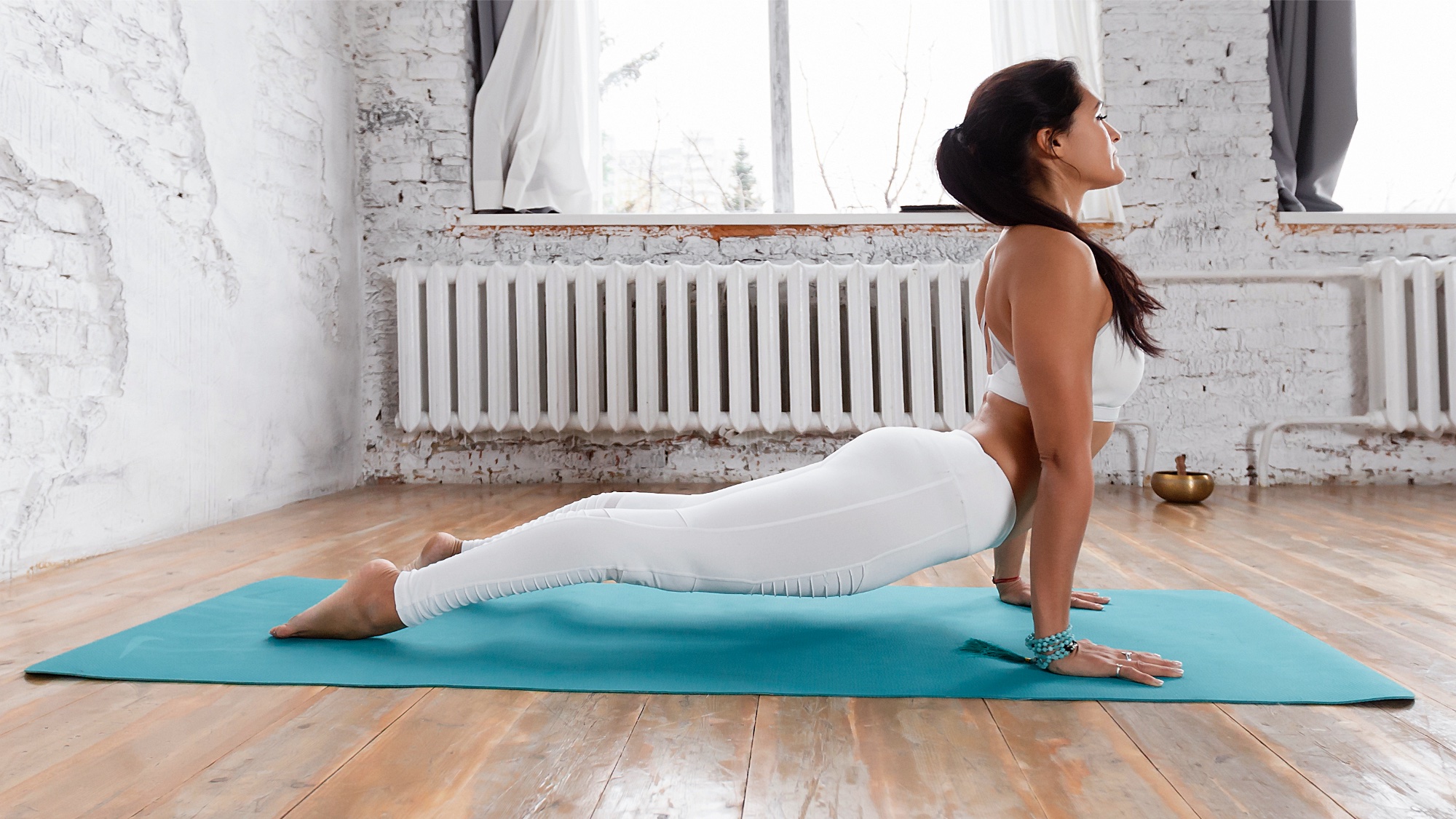
Ever heard of the seal crawl? Keen to get stuck into another fitness challenge, I put aside five minutes a day, every day, to seal crawl around my apartment and test what, if anything, would happen to my muscles.
Don’t let the cute-sounding seal crawl exercise fool you. It’s insanely tough on your abs, arms, shoulders, hips and lower back and you only need to do it for a few minutes to torch muscles everywhere, including your shoulders, core and back muscles.
The move involves laying on your stomach, pushing your chest and hips off the floor, then walking forward on your hands while dragging your legs behind you. Elegant? Nope. Hard work? Absolutely.
So, put the crunches, leg raises and other best ab exercises aside for just a moment. Here’s what happened when I tackled the five-minute seal crawl exercise every day for a week — and why the results surprised me.
How to do the Seal Crawl exercise
The exercise, also known as the seal walk, looks similar to how you execute the alligator drag exercise, except your legs rest on the floor instead of holding a plank. If you’re totally lost, here’s how to seal crawl safely.
- Start laying on your stomach with both legs extended behind
- Place your hands on the floor close to your ribs, then gently push your chest and stomach away from the floor — similar to an upward-facing dog, yogis!
- Relax your shoulders, engage your core and extend both arms
- Turn your hands slightly outward, close to your body, then begin walking your hands forward one at a time, dragging your legs behind you.
I’ve seen a few variations of the seal crawl exercise. Regardless, the benefits include strengthening your upper body — your core, shoulders, hips and arms — improving coordination and trunk control and increasing hip and back flexibility.
I did the Seal Crawl exercise every day for a week — here are my results
If mimicking a seal is your idea of a good time, find out what happened when I tried it for seven days.
Sign up to get the BEST of Tom's Guide direct to your inbox.
Get instant access to breaking news, the hottest reviews, great deals and helpful tips.
It was shockingly hard
I spend time in upward-facing dog during yoga classes, so I felt somewhat prepared for this week-long challenge. An unlikely exercise can humble anyone, and I am truly humbled.
I wasn’t ready for just how strenuous this exercise was, and good luck if you’re attempting it on the carpet (my advice — don’t).
You’ll drag your legs along the floor behind you during the seal crawl exercise. One saving grace — I have wooden floors. You could place your knees or the tops of your feet on sliders to make life easier but try to keep them pressed down rather than sitting on your toes like I did during the 5-minute Alligator Drag ab exercise challenge.
I felt it the most in my hip flexors and lower back
Without the best adjustable dumbbells or other gym equipment to add load, I still noticed the seal crawl firing up my arms and shoulders muscles, and I’m still surprised by how much the bodyweight exercise demands from the abs.
If you haven’t tried it before, it tests existing hip and lower back mobility while your arms, shoulders and abs drive movement. It also gives a deep stretch across the midsection, which helps improve upper-body flexibility.
But it’s not for everyone, so I recommend checking in with a medical professional if you have a pre-existing health condition. Having done a little digging, I learned it’s commonly used in wrestling drills to help develop stronger muscles, endurance and mobility.
I kept hunching my shoulders
Some key form pointers for nailing the seal crawl include keeping your upper body relaxed and moving consistently. Allow gravity to work on your hips rather than forcing them down.
My shoulders crept upwards, so I softly bent my elbows to relax my upper back. You could also try the seal crawl from your elbows to reduce the impact on your lower back, but it makes the exercise even harder.
I couldn’t get my hips anywhere near the floor, and I found the exercise just as challenging with bent elbows. Sigh, no escape. As a personal trainer, my best advice would be to try a gentle stretching routine for back pain first to prepare your muscles properly.
I was exhausted
I exercise regularly and train with weights at least four times a week, but this simple bodyweight exercise floored me. I worked for five sets of 60 seconds each time and found myself panting after every attempt. My core muscles were on fire, as were my shoulders, but the wrists also took some impact.
If you have wrist pain, play around with your hand positioning, but the seal crawl is a weight-bearing exercise, so it might still be worth skipping.
I’d prefer to do a hundred push-ups and burpees than take this challenge for a second outing. Although, all this floor action has saved me time vacuuming my apartment.
I did the 5-minute Seal Crawl exercise every day for a week — here’s my verdict
Another week, another challenge. So, how did this one fare? The seal crawl bodyweight exercise is core-driven, but you’ll need some existing flexibility in your lower back and hip flexors to do it safely. It also requires some coordination and upper-body strength too.
I didn’t notice any drastic changes or improvements in my form, and given that I practice yoga every week, I was humbled again by how tight I felt throughout.
Would I try it again? Unlikely. And I’d be careful programming the seal crawl for clients, but it’s a creative drill for group workouts, warm-ups and cool-downs, and I had great fun trying it out during home workouts. Plus, it ramps the heart rate up!
If you want to build upper body strength and sculpt muscle definition, flavor your workouts with a challenge, gradually increase volume and load and experiment with exercises. The seal crawl hits the core muscles, but you can find other ways to strengthen your whole body below.
More from Tom's Guide

Sam Hopes is a level 3 qualified trainer, level 2 reiki practitioner and senior fitness writer at Tom's Guide. She is also currently undertaking her Yoga For Athletes training course. Sam has written for various fitness brands and websites over the years and has experience across brands at Future such as Live Science, Fit&Well, Coach, and T3.
Having worked with fitness studios like F45 and Virgin Active, Sam now primarily teaches outdoor bootcamps, bodyweight, calisthenics and kettlebells. She also coaches mobility and stretching-focused classes several times a week and believes that true strength comes from a holistic approach to training your body.
Sam has completed two mixed doubles Hyrox competitions in London and the Netherlands and finished her first doubles attempt in 1:11.
